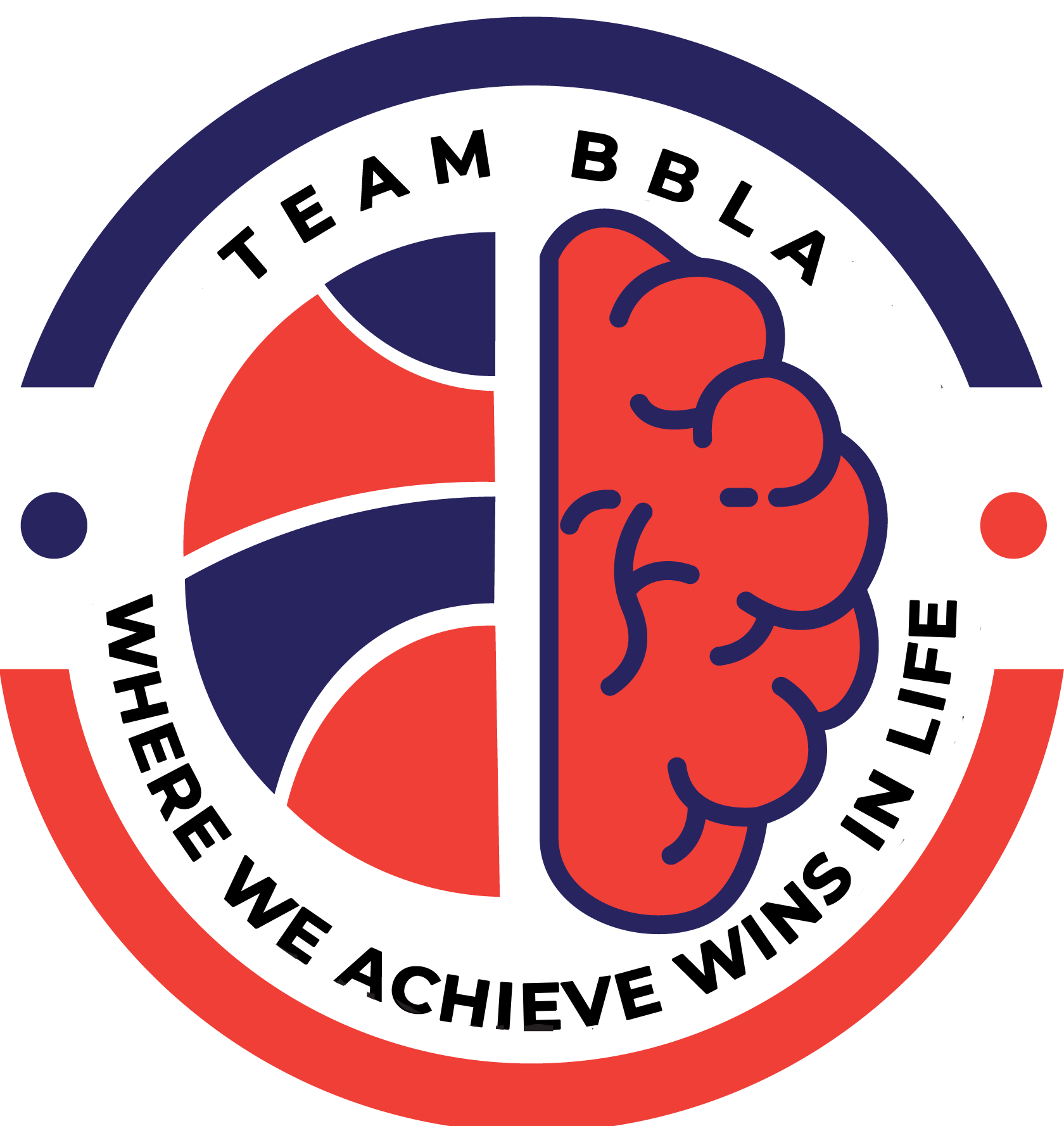CP5 Reflective Thoughts
I just watched Ken Burns’ Central Park 5 documentary. It is a very heavy watch. For anyone who has watched, maintaining a high regard for our nation’s justice system could possibly diminish. I literally watched how unjust our justice system is and how it is routinely unfavorable to the less knowledgeable and/or less fortunate. Both my heart and mind are sunken with extreme heaviness and a burden. To give more context to this feeling, the following occurred while viewing this historical depiction. My mom (who resides in Texas) FaceTime me during the documentary and I just could not turn my emotions around to be excited to hear from her.
Men and women serving in the capacity of law officials (police, attorneys, DA) and government officials (mayors, governors, congressmen) work tirelessly to prove how strong our justice system framework is, that when evidence proves fallacy no one is adamant in owning up to mistakes. Details mentioned in this documentary are one of countless others who are still hoping and praying for a similar righting of wrong.
To be truthful, this story brought to light some ignorance of my own. As a person who does not intend to have an encounter with the law, I have shun away from even needing to understand “what to do” when and if I am accused of an inaccurate charge or crime. So now looms the following questions:
1) What ARE the Miranda Rights?
2) Do these rights differ from state to state?
3) How often are Miranda Rights waived amongst Blacks/Latinos?
4) What power is granted or what access do we have when rights are exercised?
5) What do police advise citizens do as the Miranda rights are read?
School is out during the summer for majority of US students and many parents work while their children explore the outdoors. Based upon what happened back in 1989 to the boys of CP5, I implore guardians with minorities living in their household to educate, inform, and test the understanding of Miranda rights for youth aged 7 to 16 years. Research suggests roughly 90% of juveniles waive their Miranda rights during encounters with law enforcement. 90%! That’s a staggering statistic. Many of these young men sent to juvie have aspirations of playing professional ball or getting out of the hood one day to improve their family life. And those dreams are wiped away after a criminal conviction.
As an agent of change, my thoughts immediately began to think about my part in this landscape of injustice. What can I do?
As of right now I do not know. I have not made any phone calls or organized a rally or used social media to publicly share my opinions. What I can do is, use my voice as Chair of my company’s employee network group to hold a public forum for youth and parents in urban areas of Bakersfield. I imagine a forum between a few local officers and community activists who will participate in breaking down “How youth should act during law enforcement encounters” by way of dialogue and open Q&As. Let’s see what happens from here.
